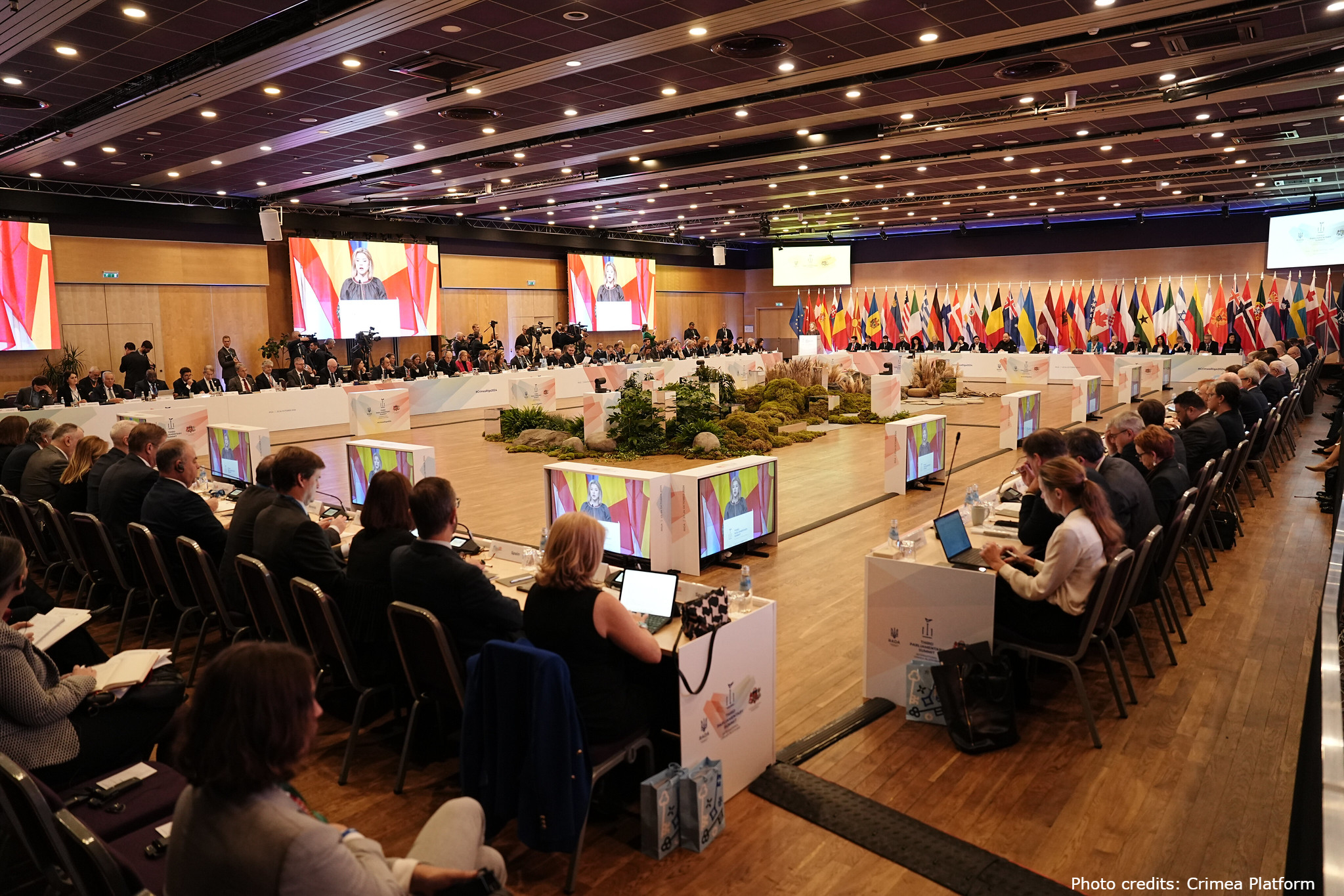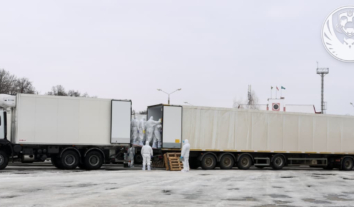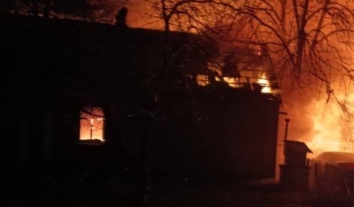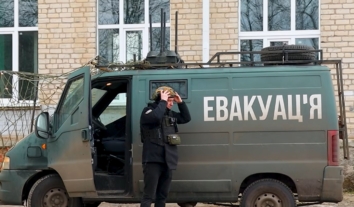Crimea Platform experts сall for massive expansion of Russia sanctions: 1,300 military companies still active
Over 1,300 Russian military companies and 2 million industry workers still operate, many of them without international restrictions, a member of the Sanctions Policy Working Group of the Crimean Platform Expert Network, Bohdan Bernatskyy, told at the Third Parliamentary Summit of the Crimea Platform in Riga.

During the summit, Bernatskyy thanked participating countries for their persistent efforts in implementing sanctions. He emphasised the importance of strengthening sanctions policies at the parliamentary level and urged enhanced cooperation with countries across other continents to support sanctions against Russia.
“We have numerous areas that need to be addressed moving forward. A key aspect is engaging at the parliamentary level, where you could reach out to colleagues from third countries, especially during visits, either in their countries or when they come to you. This engagement could focus on what can be done internationally – in Central Asia, China, across Asia, Africa, and other regions – to support the development of legislation that prevents the circumvention of European sanctions against Russia. You could also guide them on necessary legal steps and advise on incorporating best practices for implementing European Union, United States, and Ukrainian sanctions in response to Russia’s war against Ukraine,” Bernadskyy said.
Sanctions Policy Working Group of the Crimean Platform Expert Network advocates for broadening both personal and sectoral sanctions.
"We need to expand the sanctions list. Currently, 2 million Russians work in military-industrial businesses, and about 1,300 companies operate in Russia's military sector, yet many remain unsanctioned. Directors, deputy directors, and engineers responsible for developing missiles that target peaceful Ukrainian cities can still enjoy luxury lifestyles in Europe, spending millions in blood money earned from this unjustified war," Bernadskyy explained.
By way of background, the Third Parliamentary Summit of the Crimea Platform convened in Riga, Latvia, on October 24, 2024, bringing together over 70 delegations, including 36 parliamentary heads, participating both in-person and online.
Participation grew significantly compared to previous years. The Second Parliamentary Summit in Prague in 2023 attracted 66 representatives from 51 countries, while the First Parliamentary Summit in Zagreb hosted 55 delegates from 44 countries, demonstrating the Crimea Platform’s growing international influence.

The summit welcomed participants from a wide range of countries, regions, and international organizations. Among the attendees were representatives of:
- the Mejlis of the Crimean Tatar People,
- delegations from Latvia,
- Ukraine,
- the Czech Republic,
- Croatia,
- Germany,
- Poland,
- Estonia,
- France,
- Portugal,
- Canada,
- Lithuania,
- Austria,
- Finland,
- New Zealand,
- Cyprus,
- North Macedonia,
- Australia,
- Albania,
- Malta,
- Switzerland,
- Spain,
- Liechtenstein,
- Bulgaria,
- Tonga,
- Serbia,
- Israel,
- Norway,
- the United Kingdom,
- Bosnia and Herzegovina,
- Greece,
- Montenegro,
- Belgium,
- Sweden,
- Türkiye,
- Slovakia,
- Romania,
- Italy,
- Slovenia,
- Ghana,
- Argentina,
- the Netherlands,
- Ireland,
- Luxembourg,
- Costa Rica,
- Moldova,
- Armenia,
- Iceland,
- Liberia,
- Chile,
- Malaysia,
- Guatemala,
- the Comoros,
- the United States,
- Hungary,
- Georgia, and others.
Representatives of international organizations also participated, including NATO Parliamentary Assembly, the Council of Europe, the European Union, ASEAN, the Inter-Parliamentary Union, and the OSCE.
The summit participants discussed current challenges related to the occupation of Crimea, human rights violations in the occupied territories, and the international response to Russia’s actions. Key topics included the condemnation of Russian aggression, calls for recognising the 1944 deportation of the Crimean Tatar people as an act of genocide, and the coordination of further actions with the international community to restore Ukraine’s territorial integrity.














